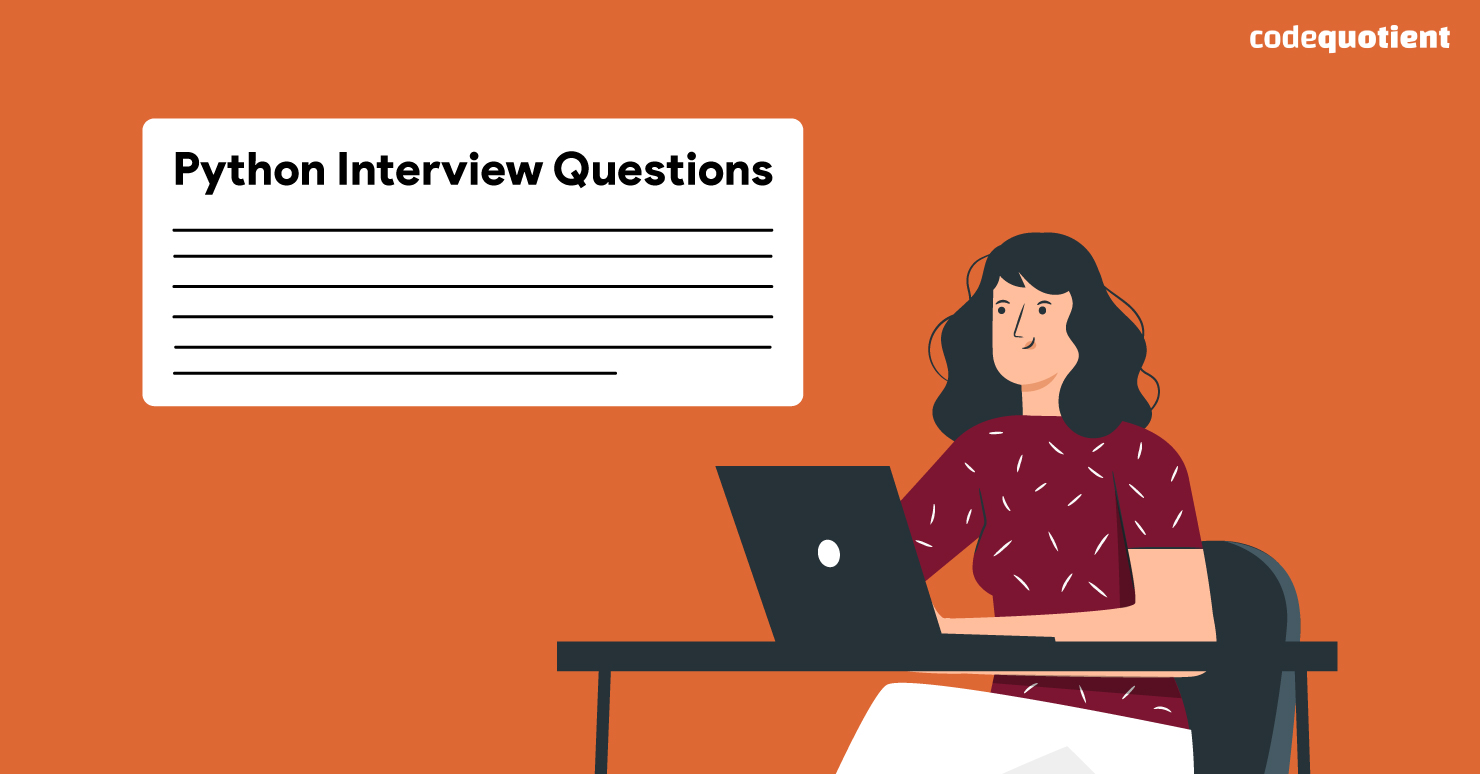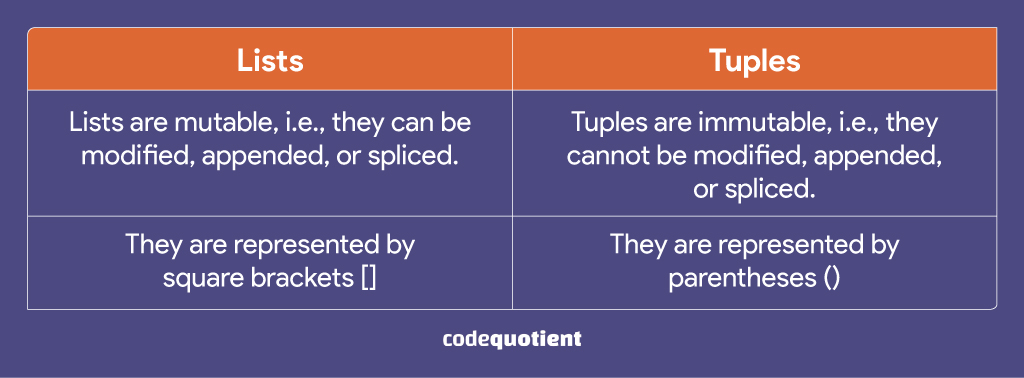Tata Consultancy Service or TCS is a major software company not just in India but globally. With the TCS interview fast approaching, it’s time to pull in every resource to secure that coveted job. And we are doing our part to help those candidates who want to ace the interview rounds.
So here is a list of Python interview questions that are super important for the interviews.
So let’s get cracking, shall we?
Python Interview Questions

1. Explain the importance of PEP 8?
PEP or Python Enhancement Proposal is an official document describing new features for Python and its processes.
PEP 8 is important because it provides style guidelines for Python code. One must strictly adhere to the guidelines to contribute to the python open source community.
2. What are functions in Python? Explain their types.
Functions are a block of code with a valid name, parameters list, and a body; once written , they can be executed whenever required in a program.
There are three types of functions:
- Built-in functions like copy() and lean() that are built into Python.
- User-defined functions are defined by the user.
- Anonymous functions are the functions that are not defined with a def name.
3. What is the difference between the remove() function and the del statement?
The remove () function is used to remove a specific object in a list.
Del statement is used to delete an object at a specific location in the list.
4. How can you overload constructors or methods in Python?
Constructors or methods cannot be overloaded in Python. The code will show an error if we try to overload.
5. What are lists and tuples? What is the difference between the two?
Lists and tuples are both sequence data types that can store a collection of objects of different data types.

6. What is pass in Python?
Pass is a keyword used to fill up empty blocks of code yet to be written. Without the pass statement, missing code blocks can throw up errors during testing.
7. What are modules and packages in Python?
Modules are Python files with a .py extension. They can have a defined set of functions, classes, or variables. A module can be imported and initialised using the import statement.
Modules that are related to each other are put in a Python package. Packages are a collection of Python modules that contain an additional _init_.py file that distinguishes a package from a directory.
8. Explain the use of self in Python?
Self is a keyword that represents the instance of the class, is used to access the attributes and methods of the class, and binds the attributes with the given arguments.
9. What is _init_?
_init_ is a constructor in an object-oriented approach and is automatically called every time an object is created from a class and lets the class initialise the object’s attributes.
10. What is the difference between Python Arrays and lists?
Arrays in Python can only contain data of the same types i.e. data type should be homogeneous and consume less memory than lists.
Lists in Python can contain data of different types i.e. data type can be heterogeneous and consumes a large amount of memory.
11. What is the use of help() and dir() functions?
Help() function is used to get the documentation of a specified module, class, function, variable etc. If no parameter is given to the help() function, an interactive help utility is launched in the console.
Dir() function returns all properties, methods and attributes of the object that is called upon and behaves differently with different objects as it aims to produce the most relevant data rather than full information.
12. What is the difference between .py and .pyc files?
.py files are the files that contain the source code of a program.
.pyc file contains the bytecode of a program and saves compilation time.
13. How do you access parent members in child class or check if a class is a child of another class?
We can access a parent member in a child class by
- By using the Parent class name
- By using the super() keyword
We can check if a class is a child of another class by using issubclass() in Python.
14. How are arguments passed in Python?
In Python, arguments are passed by
- Pass by value- here a copy of an object is passed and changing the value of the copy object doesn’t change the value of the original object.
- Pass by reference- here the reference of the actual object is passed and changing the value of the reference object changes the value of the original object.
Also read: Do We Really Need Data Structures and Algorithms for Web Development?
It’s great to have a list of questions to go over before your interview but nothing can substitute a sound knowledge of the concepts and syntax of Python.
So why not signup for CodeQuotient’s SuperCoder program, a 3 month long free course on ‘full-stack development’ for software engineers, students and anyone interested to upskill?. The course is taught by industry veterans who offer don’t just share knowledge but also industry trends and practices. CodeQuotient also provides assured placement in industry-leading companies after successful completion of the course.
Enrol now and give wings to your dreams!




